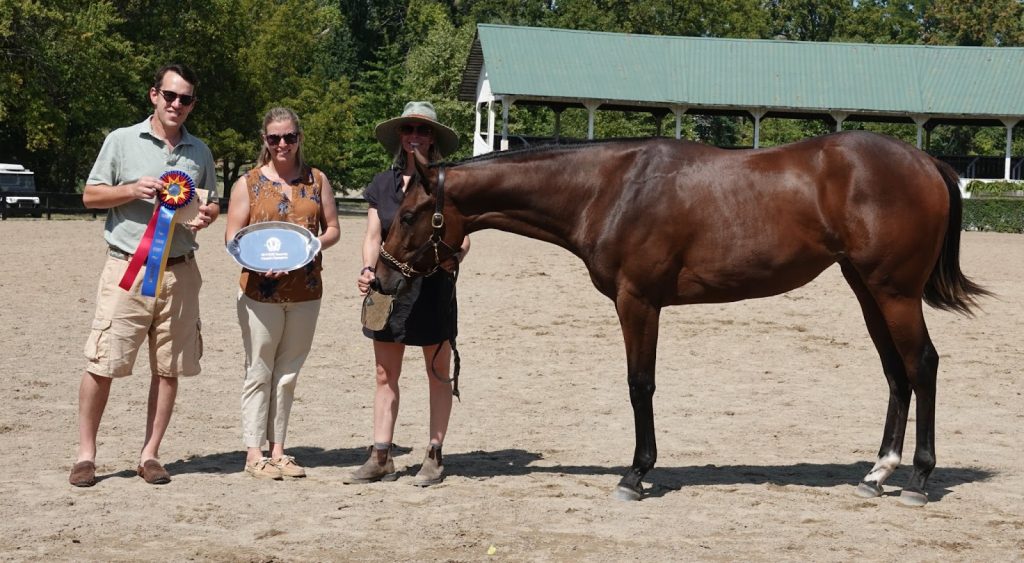Fasig-Tipton’s select yearlings sale takes place on July 9, 2024. The sale will start at 10:00 AM at the sales ring in Lexington, Kentucky. This sale marks the opening of the yearling sales season.
See the file below for all Virginia Bred and Virginia Certified horses listed in the sale.


